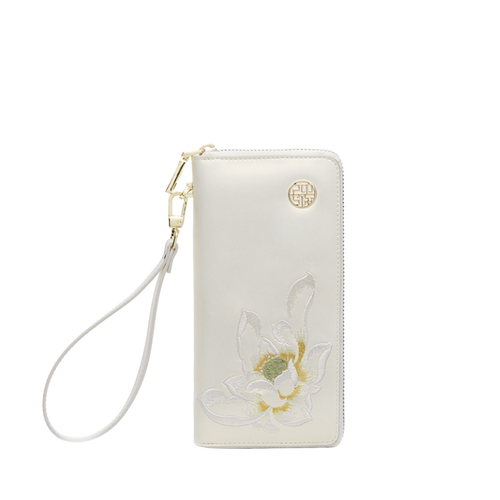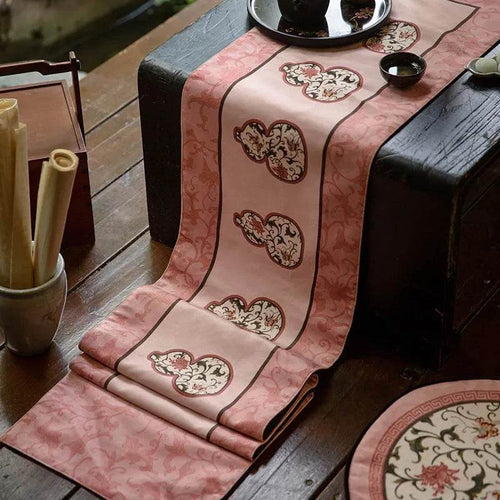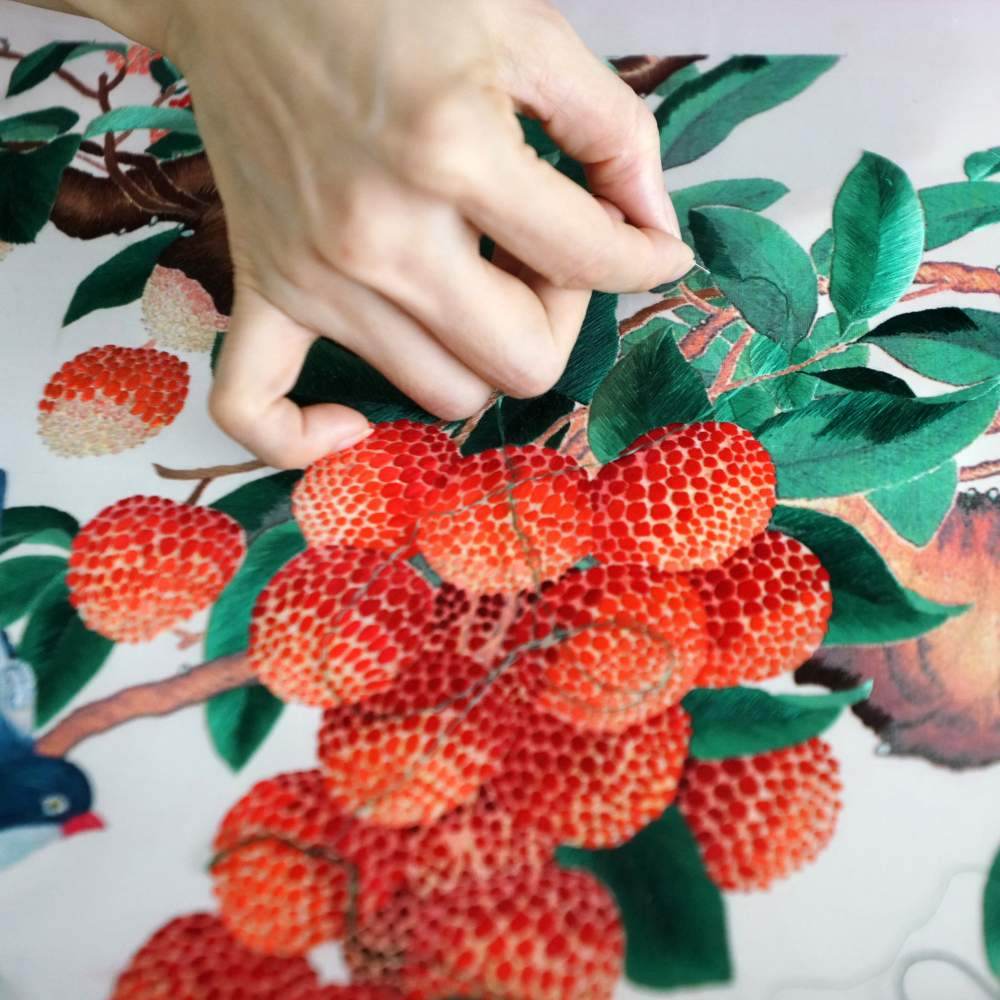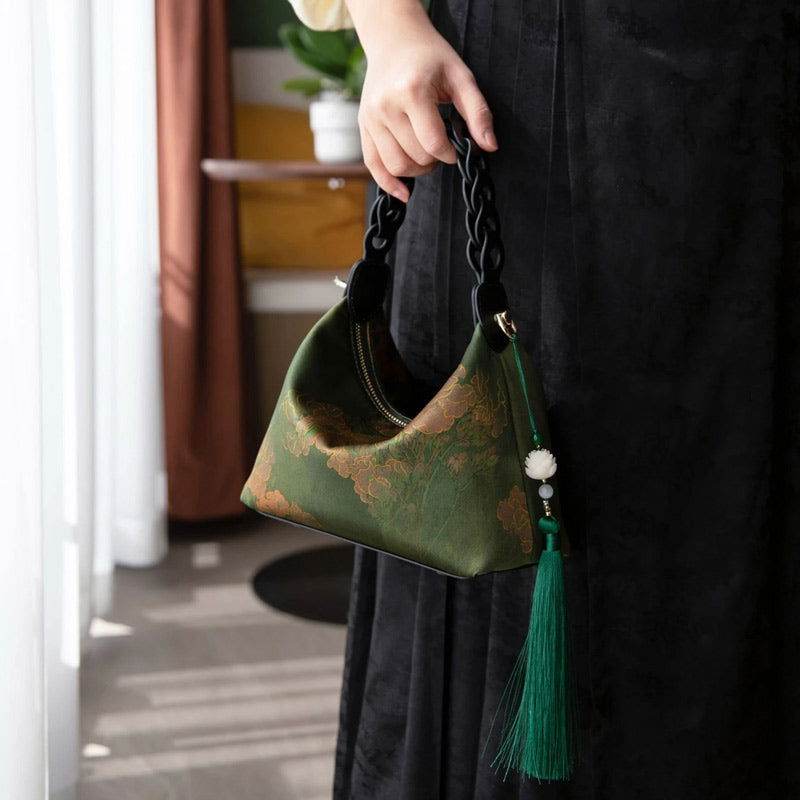The production process of Fragrant Cloud Silk, known as Xiangyunsha, is a time-honored and intricate traditional craft, renowned for its meticulous and refined techniques. The dyeing and finishing process involves over thirty steps, commonly referred to as "three washes, nine boils, and eighteen suns."
Gambier (Shuliang)
"Gambier" is the primary raw material used for dyeing Xiangyunsha. The roots and rhizomes of the gambier plant are crushed to extract juice, which serves as the dye. The juice is red and viscous, capable of adhering to the silk fibers and reacting with them, thereby altering the fabric's structure to some extent.


Here is a detailed introduction to the process of making Xiangyunsha:
Soaking in Gambier Water
The prepared silk, consisting of 40 to 50 segments, is placed in a soaking trough filled with the most concentrated gambier water, known as "first soak water." The silk is continuously flipped by hand to ensure it is fully saturated with the gambier water, which takes about half a day. The gambier, ground into a paste, is placed in bamboo baskets and soaked to produce various strengths of gambier water, ranging from "first soak water" to "fourth soak water." These different strengths are stored in large wooden barrels for later use.


Sun Drying
The soaked silk is removed from the trough, allowed to drain naturally, and spread out flat on the grass with the front side facing up. The silk is pinned to the ground with bamboo pegs to keep it taut and prevent the edges from curling, then left to dry in the sun.

Sprinkling Gambier Water
After the silk has dried, "second soak water" is used in a sprinkling bucket to evenly distribute the liquid over the silk, followed by using a palm leaf broom to ensure an even coating. This process is repeated six times.

Mud Application
This critical step must be performed before sunrise. The river mud is mixed into a paste and evenly applied to the surface of the silk, which is then folded along the central axis and carefully laid on the grass to dry for about half an hour. This ensures a chemical reaction occurs between the mud and gambier, turning the silk black.

Silk Washing
After the "mud application" step, the silk is taken to a nearby river for washing. The silk is lifted and lowered to ensure it is thoroughly cleaned and free of mud residue. Once clean, the silk is spread on the grass to dry in the morning sun, achieving a glossy black appearance.

Evening Dew Absorption
After 20 to 30 hours of continuous sun exposure, the gambier-dyed silk, though saturated with the gambier solution, remains stiff. To soften it, the silk is spread out on the grass in the evening. The grass, moistened by the dew, transfers its moisture to the silk, softening it in about 40 minutes. This process, known as "evening dew absorption," completes the sun-drying process, which takes approximately five days.


Silk Rolling and Storage
Once the dyeing process is complete, the Xiangyunsha must be stored for 3 to 6 months before any further processing can take place. Due to the limited production periods each year, it takes nearly a year from the beginning of the process to when the silk is ready for use. The lengthy production cycle often deters many brands and manufacturers from producing Xiangyunsha products.


A Heritage of Craftsmanship
Fragrant Cloud Silk (Xiangyunsha) represents a legacy of millennia, embodying the wisdom and dedication of artisans. In today's fast-paced world, it invites us to slow down and appreciate its unique charm and warmth. Let us delve into the world of Xiangyunsha and discover the elegance and romance of the East.















































